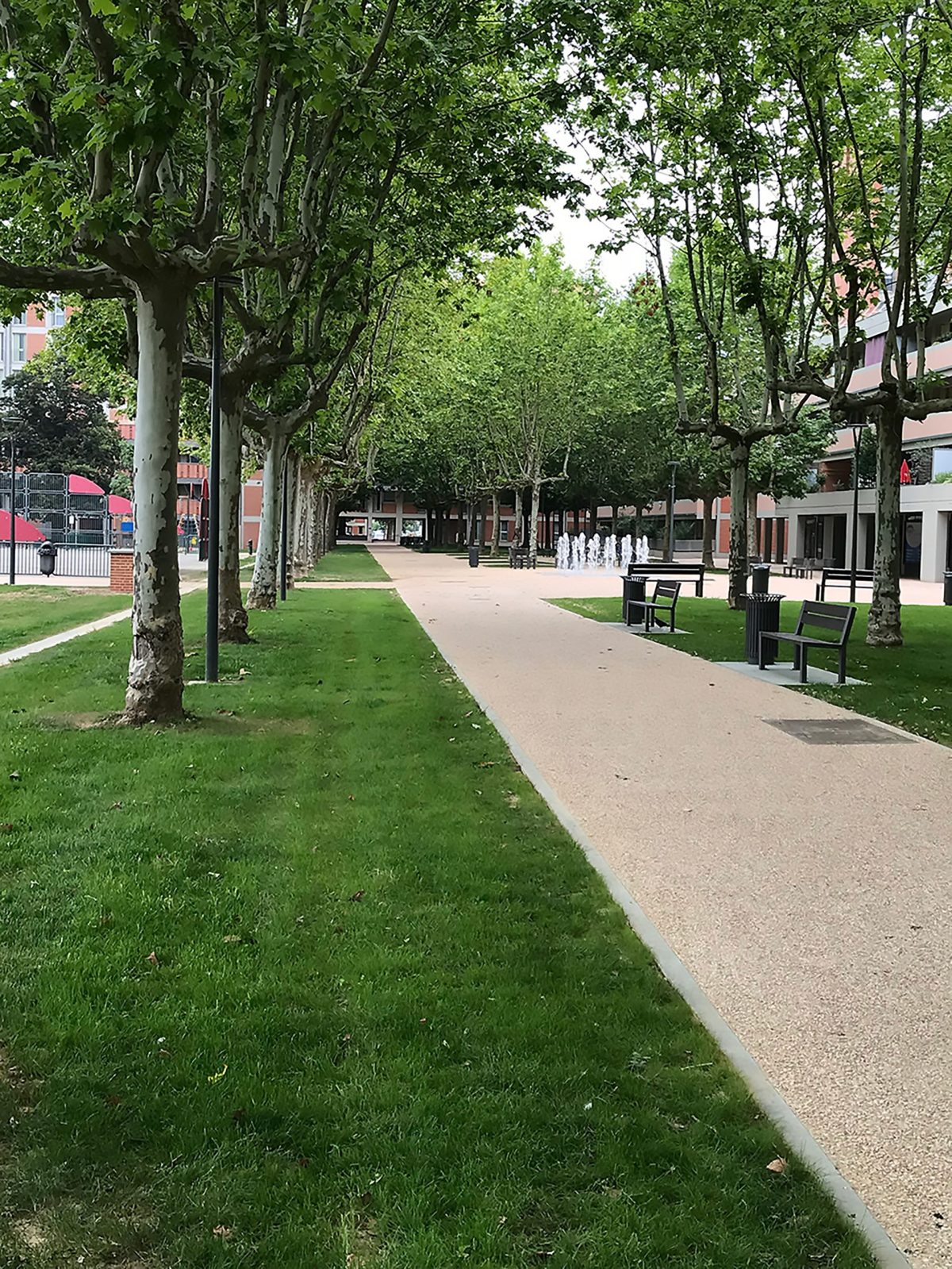
Construction industry professionals need only devote five days for intensive training in concrete technology to boost their career opportunities and ensure that the structures they design have the sustainability the South African economy vitally requires.
This is the view of John Roxburgh, senior lecturer at The Concrete Institute’s School of Concrete Technology, says: “Concrete technology skills are extremely scarce in South Africa mainly because too many professionals are either not prepared to devote time to study the subject or feel that such knowledge is not vital in their profession. But with increasing press reports of structures collapsing prematurely all over the world, it is time for consultants to realise that they simply cannot do without a technological knowledge of concrete.”
Roxburgh says if civil and structural engineers – and architects – had time for just one training course, the School of Concrete Technology’s SCT30 Concrete Technology should be their priority. The five-day course with laboratory sessions covers:
- Properties of concrete in fresh, early, and hardened stages;
Concrete mix design and production;
Mix design for specialised applications;
Off-shutter and architectural finishes;
Formwork, reinforcement and joints;
Defects, blemishes and repairs;
Mixing water and chemical admixtures;
Temperature’s effects on concrete quality; and
Placing, compaction, protection, and curing.
Roxburgh says professionals who successfully complete the School of Concrete Technology’s SCT training course could increase their concrete skills with more advanced training, culminating in the globally-respected Advanced Concrete Technology (ACT) certification. But, importantly, even if armed only with a SCT30 certification, professionals will command respect in the construction industry and be able to access wide-ranging career-boosting opportunities.
Roxburgh says the importance of this course – which carries five CPD points – cannot be overstated. “It provides a strong foundation to all important concrete concepts along with delving into more advanced concrete topics. The education and competencies gained from this course will enable a budding concrete technologist to immediately make valuable contributions to concrete technology issues not only for his or her company but for the national construction industry as a whole.”
Minimum entrance requirements for the course is a Grade 12 education.
For full details about qualification for SCT30 and other courses planned for 2019, phone 011 315 0300 or email sct@theconcreteinstitute.org.za or visit www.theconcreteinstitute.org.za.
More news
- PART 2: CONCRETE IN THE DESIGN OF A UNIQUE LUXURY HOME IN GEORGE, SOUTH AFRICA
- PART 1: CONCRETE IN THE DESIGN OF A UNIQUE LUXURY HOME IN GEORGE, SOUTH AFRICA
- MVULE GARDENS, AFRICA’S LARGEST 3D-PRINTED AFFORDABLE HOUSING PROJECT
- PART 3: HARNESSING THE POTENTIAL OF HIGH SULPHUR FLY ASH IN CONCRETE PRODUCTION
- PART 2: HARNESSING THE POTENTIAL OF HIGH SULPHUR FLY ASH IN CONCRETE PRODUCTION





